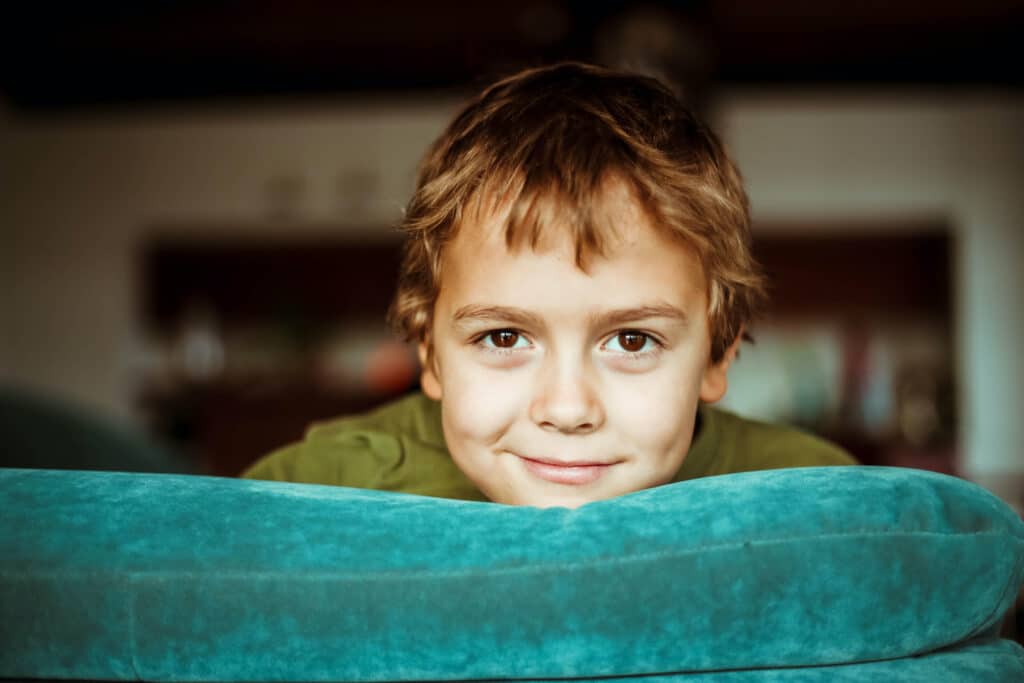Children and youth joining their adoptive families from the foster care system have often experienced inconsistent care, neglect, abuse and/or multiple disruptions in environment and relationships. Similarly, children adopted from overseas have experienced institutionalization, deprivation, lack of early stimulation, and poor health care.

We know that this type and level of trauma in the early formative years increase the risk of mental health problems. There is also evidence that there are predictable but significant emotional challenges related to the adoption experience itself – grief and loss, identity formation, fear/threat of dissolution and attachment.
Given the genetic and environmental risks, it is not surprising that adoptive families often seek clinical services such as counselling, child guidance and mental health services, and crisis intervention. While there is a range of types of therapy and interventions available, adoptive parents will have to make informed decisions as to what is right for their child and their family. The child’s age, presenting problems, trauma history, and developmental level are just a few of the considerations. Sometimes, too, it is not the child but the parent who is struggling with triggers and unresolved issues around their own grief and loss or trauma experiences.
Further reading:

